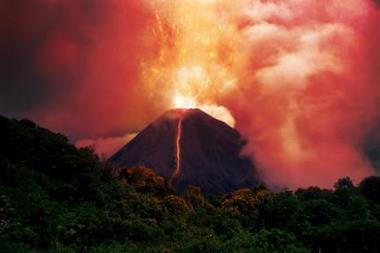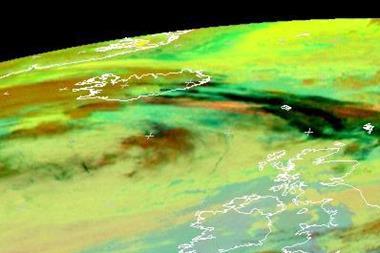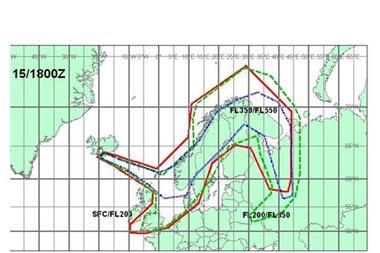International Air Transport Association criticises Europe’s blanket closure of airspace
The International Air Transport Association (IATA) sharply criticized European governments for their lack of leadership in handling airspace restrictions in light of the Icelandic volcano eruption and urged a re-think on the flight ban.
“This crisis is costing airlines at least $200 million a day in lost revenues and the European economy is suffering billions of dollars in lost business.,” said Giovanni Bisignani, IATA’s Director General and CEO.
“Governments must place greater urgency and focus on how and when we can safely re-open Europe’s skies. This means decisions based on risk-management, facts and utilising operational procedures that maintain safety,” said Bisignani.
The scale of airspace closures currently seen in Europe is unprecedented, he continued. “We have seen volcanic activity in many parts of the world but rarely has it resulted in airspace closures—and never at this scale. When Mount St. Helens erupted in the US in 1980, we did not see large scale disruptions, because the decisions to open or close airspace were risk managed with no compromise on safety,” said Bisignani.
“The Foreign and Commonwealth Office has set up a helpline for those stranded overseas on 020 7008 0000
The IATA criticised Europe’s decision to close airspace based on theoretical modeling of the ash cloud. “Risk assessments should be able to help us re-open certain corridors, if not entire airspaces,” said Bisignani. "Airlines will not fly if it is not safe. I have consulted our member airlines that normally operate in the affected airspace. They report missed opportunities to fly safely. The European system results in blanket closures of airspace. I challenge governments to agree on ways to flexibly re-open airspace."
Airlines have conducted successful test flights in several European countries. And they are also exploring various operational measures to maintain safe operations. These include day flights, restrictions to specific flight corridors, special climb and descent procedures, and more frequent detailed boroscopic engine inspections to detect damage.
Met office charts show the spread of the enormous ash cloud in Europe, which has left many travellers stranded. The Foreign and Commonwealth Office has set up a helpline for those stranded overseas on 020 7008 0000.




















No comments yet